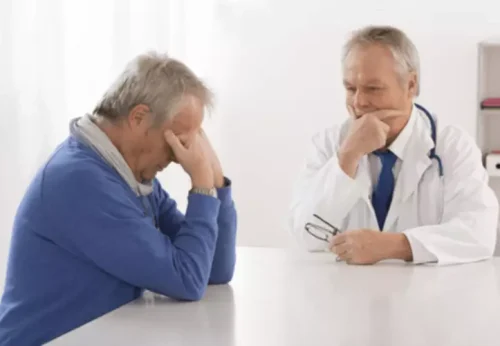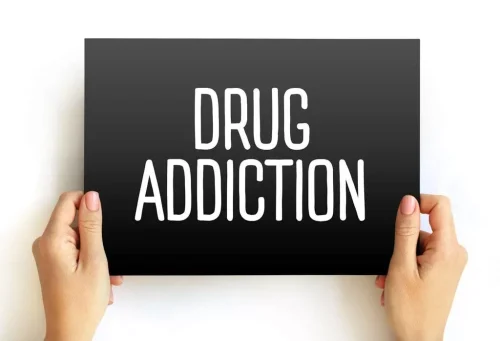
You do not have to give up alcohol entirely to create a calorie deficit. Instead, changing your drinking habits can help you manage your weight. People who consume excess food and drinks that are high in empty calories have a higher risk of having overweight and obesity than others. Finally, make sure you eat a full and well-balanced meal before you start drinking and drink water between drinks. This will help curb your alcohol-induced appetite later on, where your judgment will be impaired and you’ll be more likely to crave high-carb or high-fat foods. The best way to avoid the negative effects of alcohol is to quit drinking entirely.
The antidepressants led to the following average weight gain:
- Alcohol has been reported to account for 16% of adult drinkers’ total energy intake in the United States [68], with men consuming about three times the amount consumed by women [68].
- Finally, alcohol has to be burned first by your body, leaving the food you consume to be turned into fat tissue.
- If you’re one of the heavy drinkers or cannot control how many alcoholic beverages you consume, you’re better off not drinking at all.
- That’s because your body already has processes in place that allow it to store excess proteins, carbohydrates and fats.
Drinking too much alcohol can also negatively impact your sleeping patterns. Now you may fall asleep quicker after consuming alcohol, but your body will not achieve the deep sleep it needs for proper recovery in the night (6). Alcohol can also affect your digestion, nutrient intake, and fat-burning capabilities. Along with that, it can also disrupt sleep and testosterone production, increasing weight gain. It is not essential to abstain from alcohol to live a healthy lifestyle. For example, a glass of red wine with a meal is completely acceptable.
Factors that may Explain the Conflicting Findings between Alcohol Intake and body Weight
According to research, alcohol disrupts the body’s restorative or rapid eye movement (REM) sleep. Without REM sleep, you may experience daytime drowsiness, fatigue, and poor concentration. The authors does alcohol make you gain weight also suggested that those who drink in moderation may also enjoy other aspects of life in moderation, such as exercise and balanced food intake, which compensate for drinking over the long term.
It makes it difficult to choose healthy options

Replacing a brisk walk with watching a game, drinking beer, and eating nachos drenched in melted cheese may promote weight gain, but the alcohol may be only one of the factors responsible. Beyond adding energy to a meal, alcohol may actually stimulate food intake [5]. Of the 17 studies reviewed by Yeomans, ten showed increased food intake following alcohol consumption [5].
A Quick Review
The United States General Services Administration also offers a list of resources for alcohol use disorders. Alcohol is “kind of a stressor for your body, https://ecosoberhouse.com/ so it can cause your body to lose proper cortisol secretion,” Lashinger says. “And cortisol is responsible for a lot of our bodily functions.”

Alcohol is a Source of “Empty” Calories
- Steatotic liver disease develops in about 90% of people who drink more than 1.5 to 2 ounces of alcohol per day.
- Drinking also adds calories that can contribute to weight gain.
- A small study was conducted on how alcohol consumption affected muscle protein synthesis (MPS).
- Sign up for free and stay up to date on research advancements, health tips, current health topics, and expertise on managing health.
- Alcohol can also impact the body’s ability to make the most of the food people consume.
- Knowing your personal risk based on your habits can help you make the best decision for you.
- Despite containing a lot of energy, alcohol also doesn’t have the same satiating effect as solid food.
- Buying the single glass bottle of wine is easiest for me until I reset my mind to only have this amount.
